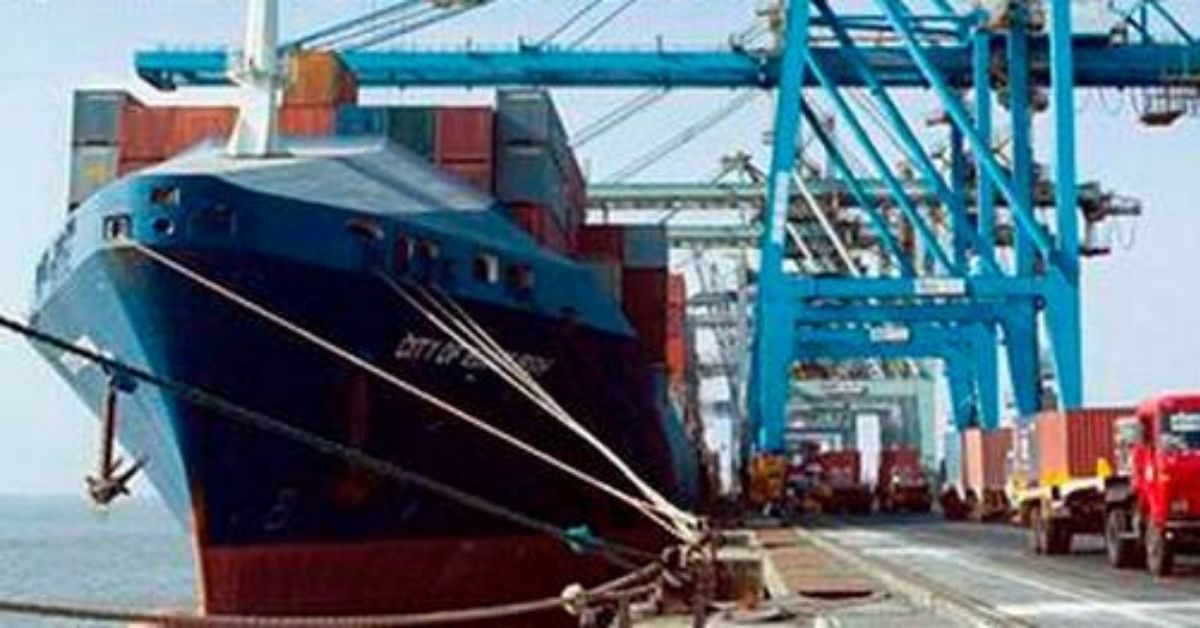At least 12 major ports owned by the central government will have to take a series of measures to reduce their carbon footprint, including increasing their green cover to 20% and electrification of all port equipment to 50% in the next seven years. They will also have a target to achieve complete “shore-to-ship” power supply by 2025, which will be the biggest intervention to reduce air pollution at ports.
Sources said the ‘Green Port’ guidelines of the shipping ministry, which will be launched next week, will set the benchmark and targets for all the major ports.
They added nearly 70% of air pollution at major ports is caused when ships are anchored at ports. “During the period when the ships with EXIM (export-import) cargo are not moving, their engines are not switched off as several other routine activities continue. If we can provide cleaner power supply to these ships from the ports, we will be able to arrest this pollution in a big way,” said an official.
TOI has learnt that the shipping ministry will subsequently ask all state-owned and private ports to follow the guidelines to expedite decarbonisation of the sector.
Officials said the strategy to reduce the carbon footprint will have two aspects — to adopt greener technologies and practices at port, and to ensure how the source of power and feeder transport system run on cleaner fuel. For example, the major ports will go for retrofitment or conversion of diesel equipment such as loaders, cranes and other vehicles to be electrically powered in a phased manner. In future procurement of these equipment, the port authorities will need to go for electric, methanol, hydrogen-powered machines.
The port authorities will also need to undertake an ‘annual environment audit’ by a credible agency and they will have to upload the reports on their website.
Sources said the port authorities will also be allowed to offer ‘Green Ship Incentives’. Under this, ships using cleaner fuel and having shore power reception facility may get queue priority or rebate in berth dues. The ports can also identify and incentivise truck operators who use clean fuel. Similarly, the ports can give incentives to private players in the port project which adopt cleaner and sustainable practices.
“The aim is to have the entire ecosystem in place. This will be a template for all ports in the country,” said an official.







